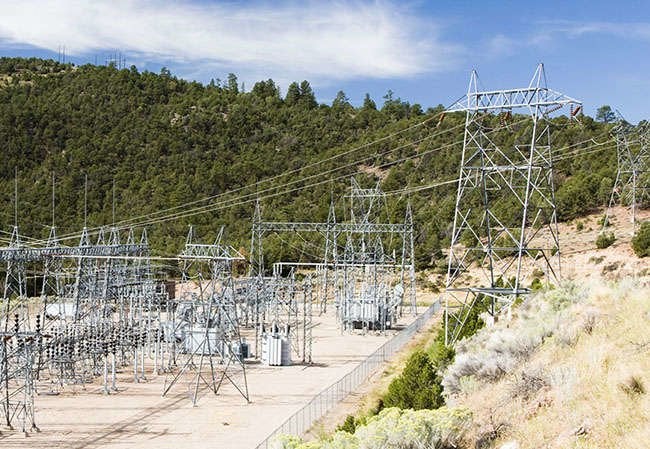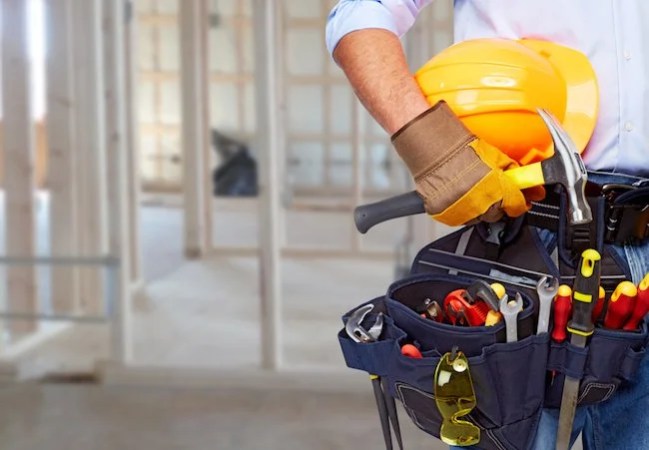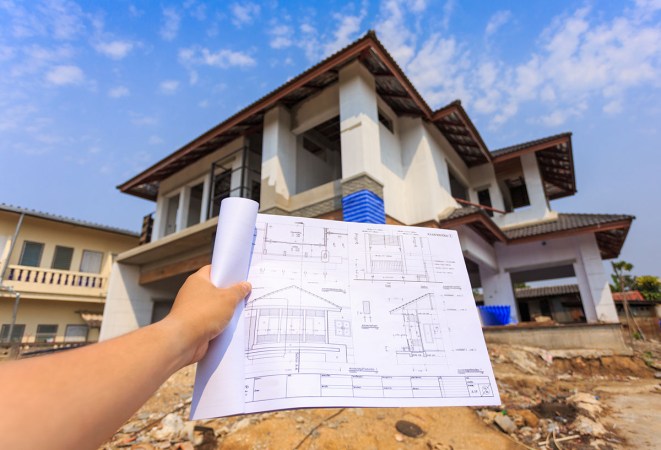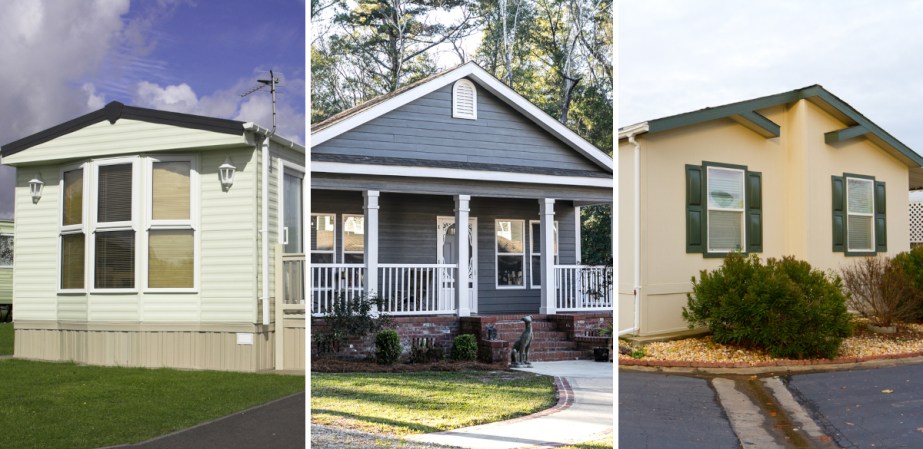We may earn revenue from the products available on this page and participate in affiliate programs. Learn More ›
Inflation—a steady uptick in prices for goods and services, and the corresponding dip of our purchasing power—is higher now than it has been for decades. In October 2021, the consumer price index (CPI) increased 6.2 percent from the previous year, a spike not seen since 1990, according to the U.S. Department of Labor.
“Simply put, inflation measures the changing value of the dollar,” explains Mischa Fisher, chief economist for home services website Angi. “So with an inflation rate of 6.2 percent, $100 last year is only worth about $94 this year.”
The Cause? Blame COVID
Inflation occurs due to supply and demand imbalances. During the height of the Covid-19 pandemic, the economy shut down and households stopped spending on such nonessentials as travel, entertainment, and restaurants. Merchants had no choice but to raise prices to stay afloat.
Covid-19 effects also led to dramatic shortages in materials, problems with shipping, and a depleted labor force. Now, as we try to return to normal, we’re confronted with limited supply, strong demand—and costs going through the roof.
Inflation’s Effect on Shelter
While the majority of price increases currently affect the energy sector (you’ve no doubt noticed this at the gas pump), about one-third of rising costs are in the shelter arena. This means not only higher prices for buying or renting a home, but escalating fees for home-related services—general contractor renovations as well as maintenance service providers like plumbers, electricians, HVAC professionals, and those who perform septic pumping and chimney cleaning.
Recent research shows that the labor shortage in the skilled trades has worsened, due to lack of recruitment of new talent in these fields as the experienced workforce ages out. The same research also found that eight out of 10 tradespeople had to contend with shortages of lumber, flooring, roofing, and other fixtures in the past year. “The combined demand for both workers and materials has resulted in inflation across almost every category of home services,” Fisher says.
The High Price of Home Improvement

Today, people are eager to act on home construction, renovation, and improvement plans. But while the residential construction industry has rebounded, prices are likely to continue climbing in 2022. Plus, big-ticket purchases are causing major sticker shock. According to CPI data, this past summer the price for appliances overall rose 4.9 percent compared to the previous year; laundry equipment in particular went up by 17.9 percent.
Appreciate Your Property

While none of the above sounds like good news, if you happen to own your home, take heart: Real estate is considered a “hard asset,” the sort that holds value during inflationary periods. “Economists have nicknamed inflation ‘the cruelest tax’ because it hurts the buying power of people who are heavily dependent on cash, while leaving assets like bonds and property relatively untouched.” Fisher notes.
Weather the Storm
“Inflation has already exceeded what many economists have predicted, so consumers can expect it to be above its recent historical norm for at least another year,” Fisher says. That needn’t necessarily put the kibosh on shelter-related goals, but it should mean adopting an inflation-fighting spirit. Consider the following tips, whether you hope to construct a new home, start a renovation, address repairs, or replace major appliances:
- Plan ahead. “Shortages in labor and materials have increased prices and also caused lengthy delays, so be prepared for it to take longer to get the job done,” Fisher says. “Planning ahead will help ensure that a project is completed close to schedule.”
- Get multiple bids. Even if you like a particular pro whom you’ve worked with in the past, it’s more important than ever to get at least three bids from different contractors. “Obtaining multiple estimates not only gives you a sense of how contractors envision your project, it also provides an opportunity to understand how each pro handles surprises like delays, cost changes, or shortages,” Fisher points out.
- Ask questions. Don’t be shy about asking potential contractors for examples of recent, similar jobs and for references who can speak to their work ethic, timeliness, and management of any bumps in the road. Also inquire about what is and isn’t included in their pricing to avoid surprise costs, and always get a written contract so you know what to expect.
- Barter a bit. Does your electrician’s kid need tutoring? Does your plumber’s website need retooling? Does your roofer need a dog walker? Perhaps your skills can come into play to bring those pros’ fees down a notch.

- DIY wisely. Tackling tasks yourself can save money, but it can also create problems if you’re not careful. “Check warranty implications and fully research the project before DIYing,” cautions Fisher, who mentions Angi research that discovered nearly 80 percent of DIYers experienced a minor or major mistake during their projects. So, while a DIY demo to remove existing kitchen cabinets before a custom kitchen installation could keep money in your wallet, if you accidentally damage underlying drywall and then have to pay to repair it, you might be better off bringing in a pro from the start.
- Negotiate with suppliers. When shopping for a major appliance, see how the retailer might be able to offset costs. Ask about freebies on delivery, installation, removal of old appliances, and extended warranties. “Also find out if your contractor can get a better deal on materials and appliances,” suggests Fisher. “These pros often have built solid relationships with suppliers.”
- Consider an upgrade. While it may seem counterintuitive, a fancier fridge or pro-quality range might be your best bet. “Lower quality, imported products have risen more in price than higher quality, domestically manufactured options,” Fisher notes. “So you may actually get more for your money on an appliance you initially thought was beyond your budget.”
















